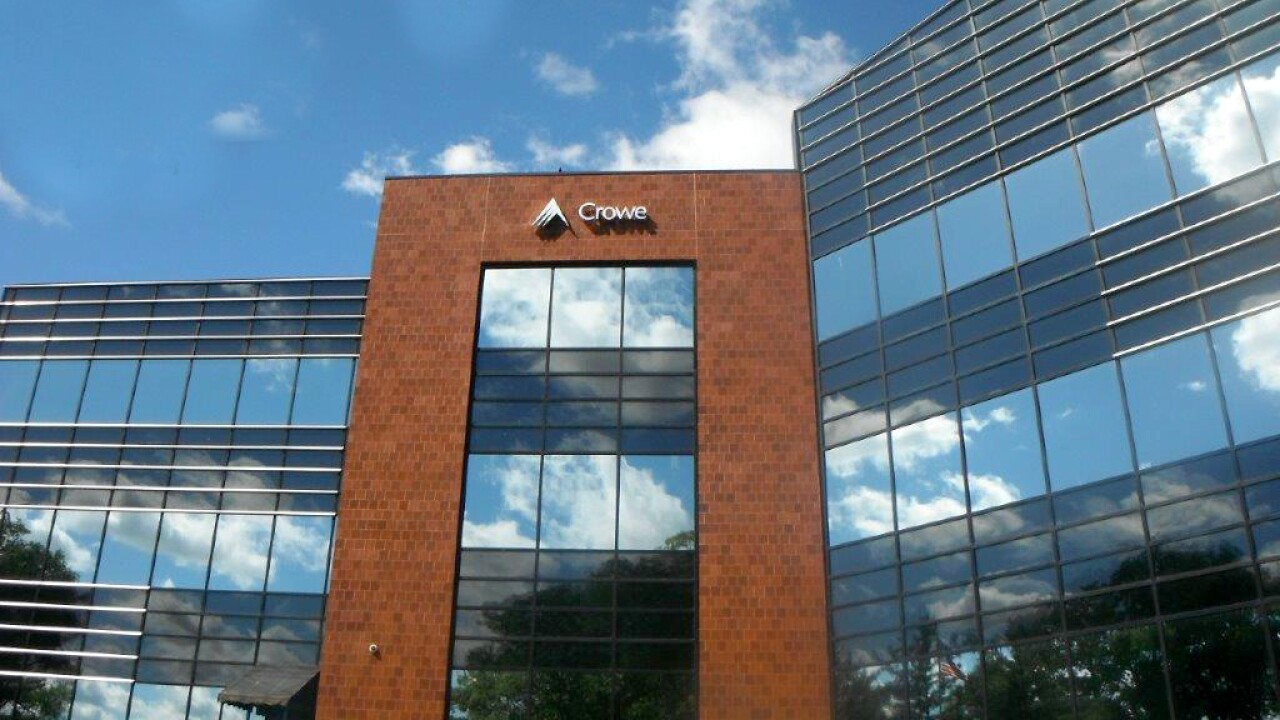This year, Jon Baron delivered his final keynote address in Orlando for Thomson Reuters’ annual user conference. The message was clear: Even as he winds down his career, he sees a creative and tech-enabled future for the accounting profession.
Baron, who has an accounting degree but is a technologist and software engineer by trade, has worked in accounting technology for four decades. He started his career at CCH, which is now part of Wolters Kluwer, and has been with Thomson Reuters for more than 25 years. Having served as managing director, professional segment, tax and accounting for 20 of those years now, he told attendees at Synergy 2018 that it was time for him to step back and spend more time with his family.

Baron’s love for the profession was clear, though, as he shared with the audience his bright outlook for accountants as technology continues to advance in complexity and capability.
“Over the last few years you’ve heard your work will be automated,” Baron said. “You won’t be automated — your work will be augmented.”
Baron’s signature is to share deep data with his audience. True to form, he highlighted the World Economic Forum Future of Jobs report from this year that examined the top emerging and declining professional services roles up to the year 2022. The top 10 emerging roles included information technology services, innovation specialists, process automation specialists (numbers 9, 8 and 7 respectively), data analysts and scientists (number 4), and at the top of the list, digital transformation specialists.
Baron entreated the audience to take note of what will be valued in the future, and encouraged the accountants listening to start looking at technology differently. The roles identified by the WEF are not necessarily related to a particular set of credentials or education. Accountants can become “digital transformation specialists,” for instance, by educating themselves about the technology at play in the accounting space, how it works, and becoming an expert on-the-job, so to speak.
“We’re going to be very different as a profession in the very near future,” he said. “But don’t worry about it. We’re just simply doing different things. Our services are still valued.”
Baron noted that accountants have already moved to an advisory role because clients are “begging for advice.” Business tax returns are far more complex today than they ever have been, he said. And clients are very receptive to proactive service.
“We’ve moved to advisory as a profession, but you’re really providing governance-level relevance.”
New technology from Thomson
As part of his keynote, Baron led a demo of Thomson’s Onvio product line. Onvio is relatively new for the company, but has been built out to provide firm management in the cloud, including document management, time and billing, and online client collaboration tools.
Thomson Reuters also has
“With the robots already here, after-the-fact compliance work is really in the past,” Baron said. “Strategies and solutions are really where you want to be. Think about technology as an enabler, not disruptor. Tech is driving client behavior and expectations, and clearly driving what we do and how we’re going to do it. This is no longer transformation — relevance itself is at risk.”
Baron’s departure
The Synergy 2018 keynote ended with Baron saying his goodbyes. He was presented with a lifetime achievement award by colleagues. One attendee told Accounting Today that the ceremony was “moving,” as Baron has spent many years serving Thomson Reuters users closely.
“Thank you for allowing me to serve you,” Baron said. “I’ve had the privilege of serving a profession that helps the world economy grow. What you do really is fantastic. I wish you all the best in thriving in this new environment, and truly hope you look to Thomson Reuters as your continued trusted advisor.”






